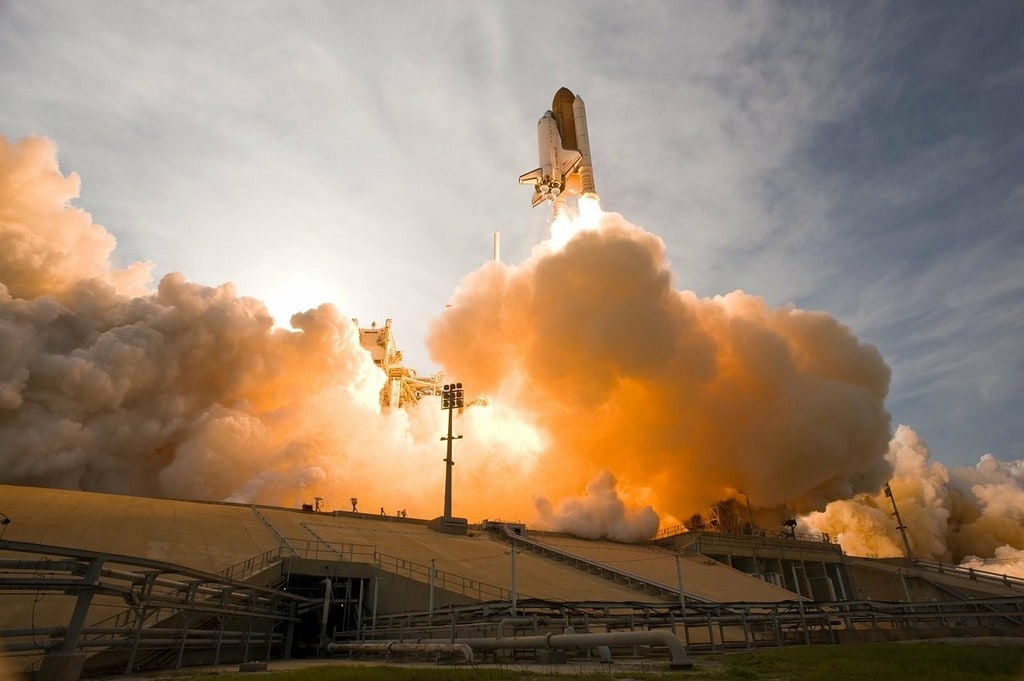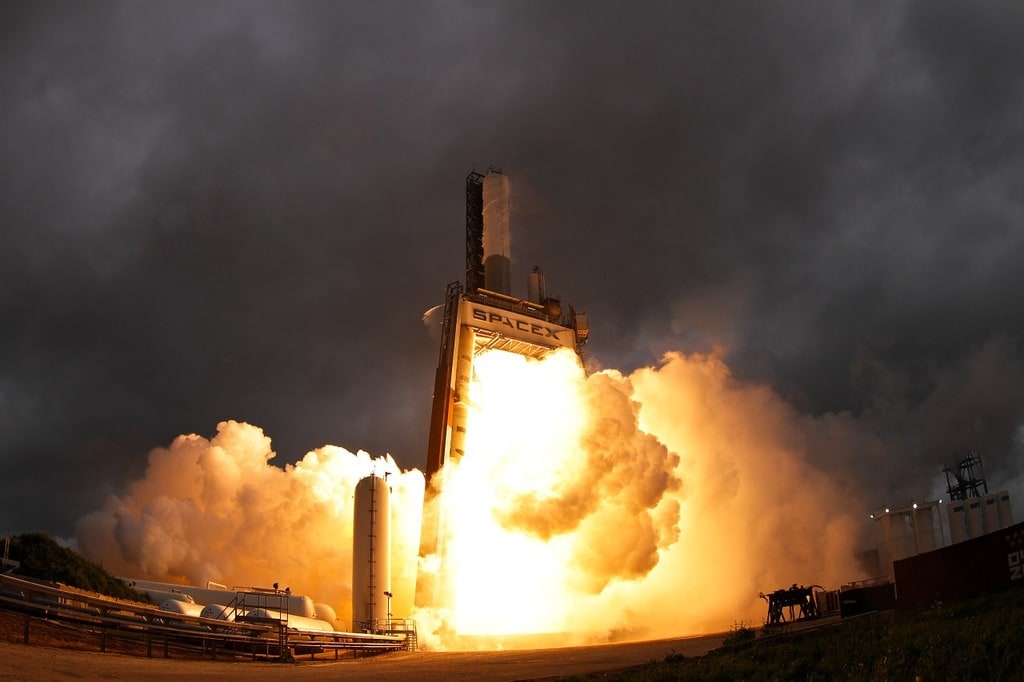Space exploration has long captivated human imagination, driving technological innovation and expanding our understanding of the universe. Yet, as our ambitions extend beyond Earth, the environmental impacts of space exploration must be scrutinized. From the launch of rockets to the disposal of space debris, the pursuit of knowledge in the cosmos is not without its ecological costs. Understanding these impacts is essential as we chart the future of space travel and its influence on our planet.
How Space Missions Affect Earth’s Environment
The journey to space begins with the launch of rockets, an event that has significant environmental implications. Rocket launches release a variety of chemicals and gases into the atmosphere, which can contribute to ozone layer depletion and atmospheric pollution. The propulsion systems used in many rockets are powered by highly refined fuels, including liquid hydrogen and kerosene, which combust to produce water vapor, carbon dioxide, and other byproducts.
These emissions, particularly those released into the stratosphere, have the potential to disrupt the delicate balance of Earth’s atmospheric chemistry. For instance, chlorine-based compounds from rocket propellants can lead to the breakdown of ozone molecules, which are crucial for protecting the planet from harmful ultraviolet radiation. As the frequency of launches increases, the cumulative impact on the ozone layer becomes a growing concern.
Additionally, the noise pollution from rocket launches can affect wildlife in the vicinity of spaceports. The intense sound waves generated during liftoff can disturb animal habitats, potentially leading to behavioral changes or displacement. The environmental footprint of these launches is not confined to the skies but extends to the land and ecosystems surrounding launch sites.

Space Debris: a Growing Problem in Earth’s Orbit
Another significant environmental issue arising from space exploration is the accumulation of space debris. As satellites, spacecraft, and other objects are launched into orbit, not all of them return to Earth. Many become non-functional and remain in orbit as space debris, posing a hazard to other space missions and potentially re-entering Earth’s atmosphere.
Space debris can range from large defunct satellites to smaller fragments resulting from collisions or disintegration. These objects travel at high speeds, and even a small piece of debris can cause significant damage to operational spacecraft. The growing number of space debris objects in low Earth orbit is a cause for concern, as it increases the risk of collisions that could generate even more debris.
The potential environmental impact of space debris extends beyond just space missions. When larger objects re-enter Earth’s atmosphere, they can burn up, releasing particulate matter and other pollutants. In rare cases, fragments of space debris can survive re-entry and reach the Earth’s surface, posing a physical threat to life and property.
Impact on Extraterrestrial Environments
While the environmental impacts of space exploration on Earth are evident, the potential consequences for extraterrestrial environments should also be considered. As humanity explores new planets and moons, there is a risk of contaminating these environments with Earth-based microorganisms or altering them through human activities.
Planetary protection protocols are in place to minimize the risk of biological contamination. However, the increasing number of missions targeting Mars, the Moon, and other celestial bodies raises concerns about the long-term sustainability of these measures. The introduction of foreign organisms or materials could have unforeseen consequences for the ecosystems of these celestial bodies, potentially disrupting any indigenous life forms or precluding future scientific discoveries.
Moreover, the extraction of resources from other planets or asteroids, a concept known as “space mining,” is being actively explored. While this could alleviate the strain on Earth’s resources, it could also lead to the disruption of extraterrestrial environments. The removal of materials could alter the geological and environmental characteristics of these celestial bodies, raising ethical and environmental questions.
Environmental Considerations for Future Space Exploration
As space exploration continues to advance, it is essential to address the environmental challenges it presents. The following points summarize some key considerations :
- The development of cleaner, more sustainable rocket propellants that reduce emissions and minimize their impact on the ozone layer.
- The implementation of stringent planetary protection measures to prevent contamination of extraterrestrial environments.
- The management of space debris through active debris removal strategies and the design of spacecraft with end-of-life disposal plans.
- The ethical implications of space mining and its potential impact on celestial bodies.
Addressing these considerations is vital for ensuring that space exploration progresses in a manner that is environmentally responsible and sustainable. By adopting these practices, the long-term environmental consequences of space exploration can be mitigated, allowing humanity to continue its pursuit of knowledge in the cosmos without compromising the health of our planet.
Moving Towards Sustainable Space Exploration
The path to a sustainable future in space exploration lies in innovation and international collaboration. The development of technologies that minimize environmental impact, such as reusable rockets and green propulsion systems, is a promising step forward. Additionally, international agreements and regulations are needed to manage space traffic, reduce space debris, and ensure that planetary protection protocols are upheld.
Public awareness and engagement in the environmental aspects of space exploration are also crucial. As space becomes more accessible, fostering a culture of responsibility and stewardship in this final frontier is imperative. Encouraging sustainable practices in space exploration not only preserves the integrity of Earth’s environment but also ensures that the cosmos remains a domain of wonder and discovery for generations to come.

